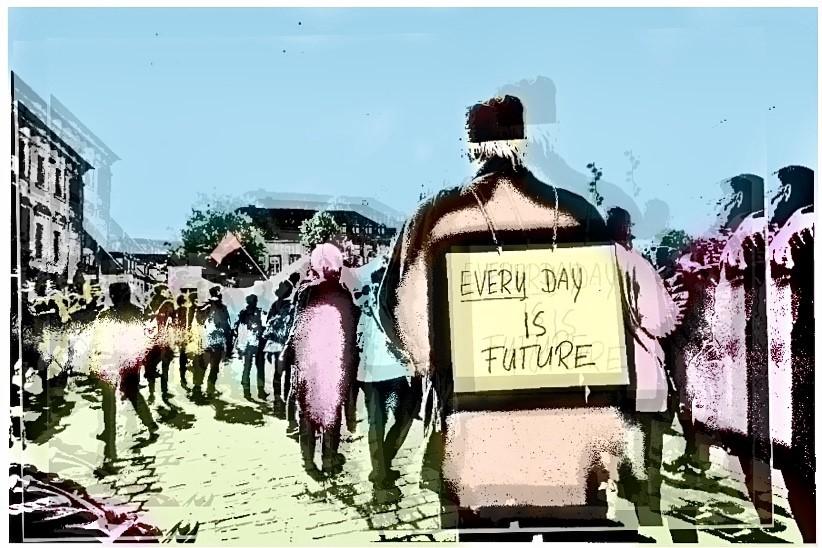
Technology has revolutionized our society — creating novel ways for billions of people to connect, learn, work, and play. And new discoveries in medicine, education, finance, and media have contributed to making our lives better and bringing us closer together.
Inevitably though, the unintended and unforeseen consequences of technologies have also come into sharper focus — from algorithmic bias to e-waste, examples abound. With even more transformative advances on the horizon, we need to develop our capacity to anticipate and address the risks and harm caused by technological advances.
Whether or not tech is used for good largely depends on who has the power. Social entrepreneurs recognize that to transform technology to serve the common good, we must shift the power to communities.
That’s why changemakers like Ronaldo Lemos in Brazil are laying the groundwork for digital rights that extend to everyone. Yeshi Milner in the US is building a coalition to use data to fight systemic racism. Hamse Warfa and Regi Wahyu use blockchain to make invisible assets visible and build a more inclusive economy. And changemakers like Helena Puig Larrauri in Spain are working to develop a more productive and peaceful digital dialogue.
This series draws on their stories and solutions to paint a vision of a world where technology is a force for positive change: a tool that unleashes agency and brings us into greater solidarity with one another. We know technology is powerfully shaping our world. It is up to us to shape it for good.